
Diabetic macular oedema could be reduced by the cardiovascular drug darapladib.

Diabetic macular oedema could be reduced by the cardiovascular drug darapladib.
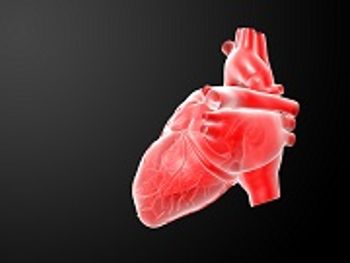
The Watchman prevents blood clots from forming in the left atrial appendage and prevents strokes.
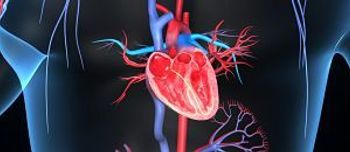
Cardiovascular disease accounts for 30% of all deaths worldwide, and it is not just 1 disease.

Generic dofetilide capsules approved to treat atrial fibrillation and atrial flutter.
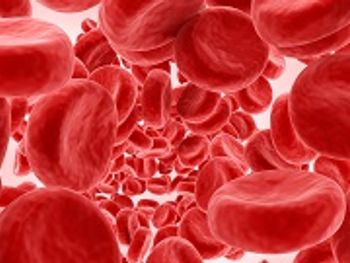
Approximately 45% of female patients with atrial fibrillation did not receive blood thinning treatment to prevent strokes.

Women with new-onset atrial fibrillation found to have a high risk of developing cancer in the first 3 months.
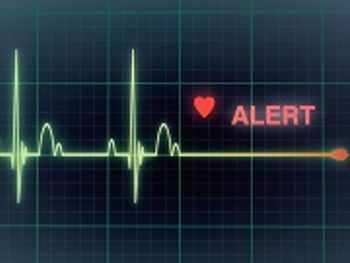
The American College of Cardiology, the American Heart Association, and the Heart Failure Society of America have updated heart failure guidelines.
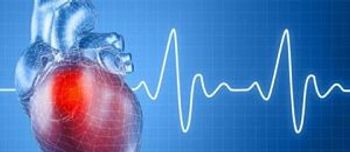
Atrial fibrillation, the most common cardiac arrhythmia, is strongly associated with increased morbidity and mortality and has become a major global public health challenge.

Pharmacists can help evaluate and address adherence barriers among patients taking medications for cardiovascular disease.

Despite advances in preventative drug therapy, cardiovascular disease remains the leading cause of death in the United States.
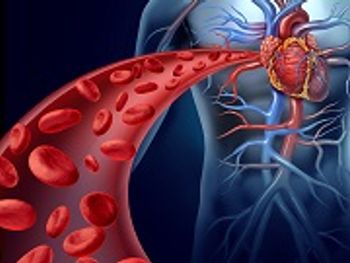
Vernakalant was able to normalize heart rhythm more rapidly than current atrial fibrillation drugs.
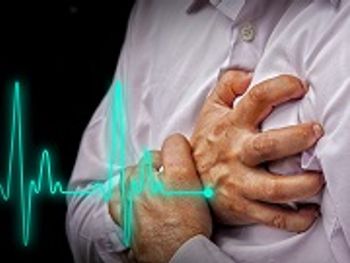
Various health care professionals employ motivational interviewing to address cardiovascular risk factors
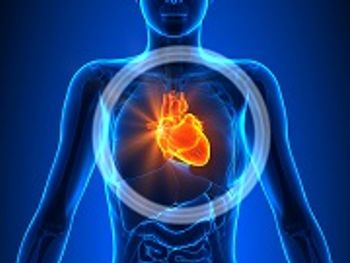
Antiarrhythmic drugs do not impact long-term rate of recurrent atrial fibrillation.

Maintaining a diet with a high level of vitamin C could reduce a patient's risk of cardiovascular disease and early death.

Novartis' sacubitril/valsartan (Entresto) is showing promise for heart failure patients with reduced ejection fraction, regardless of background therapy or clinical stability.

Here are 7 clinical pearls for pharmacists to remember when selecting anticoagulants for patients with non-valvular atrial fibrillation.

Patients receiving follow-up care more than 6 weeks after a heart attack are much less likely to stick to their medication regimen.

The emergence of new oral anticoagulants presents pharmacists with an opportunity to intervene in assisting patients with selecting the most appropriate drug therapy.

The first reversal agent approved for the anticoagulant dabigatran (Pradaxa) has shown promise in patients with brain hemorrhage.

Diabetes and other conditions are also influenced by a person’s height.

Merck has received a complete response letter from the FDA regarding its supplemental new drug applications for ezetimibe and ezetimibe and simvastatin.

Rapid ventricular response in atrial fibrillation patients is a daily occurrence in the emergency department.

Most clinicians deem treatment response variability among direct oral anticoagulants which include direct thrombin inhibitors and factor Xa inhibitors clinically insignificant.
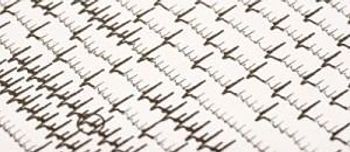
With the increase in the number of patients diagnosed with atrial fibrillation or needing stroke prevention treatment, roughly 3 million Americans currently take warfarin, while a lesser number takes direct oral agents.

Although warfarin is time-tested, the use of novel oral anticoagulants are a topic of interest to improve health outcomes in patients with non-valvular atrial fibrillation.